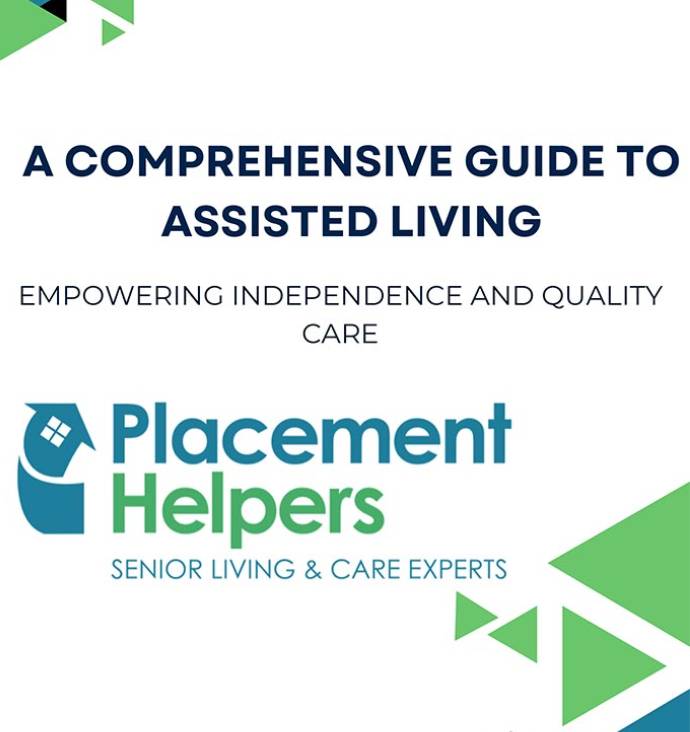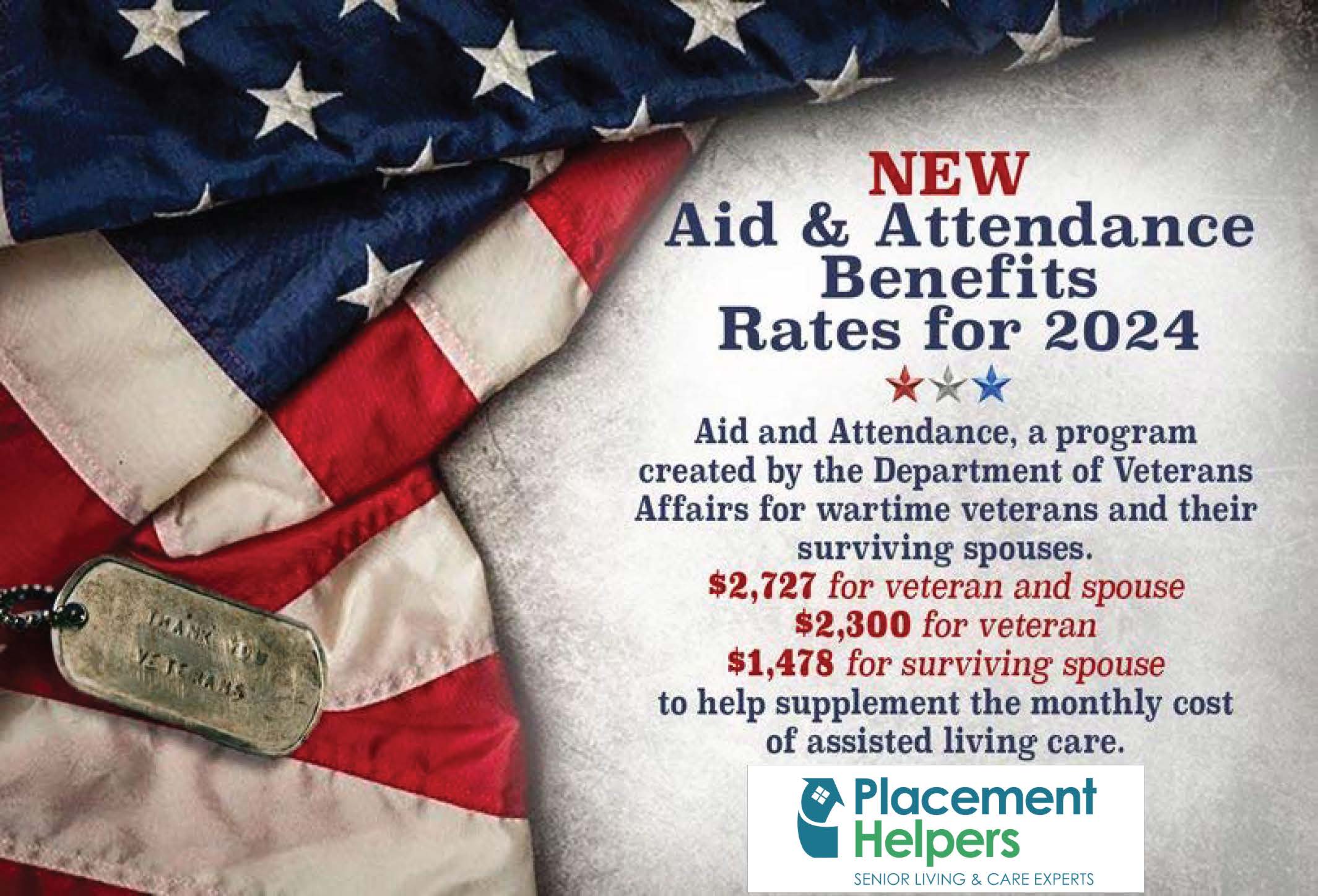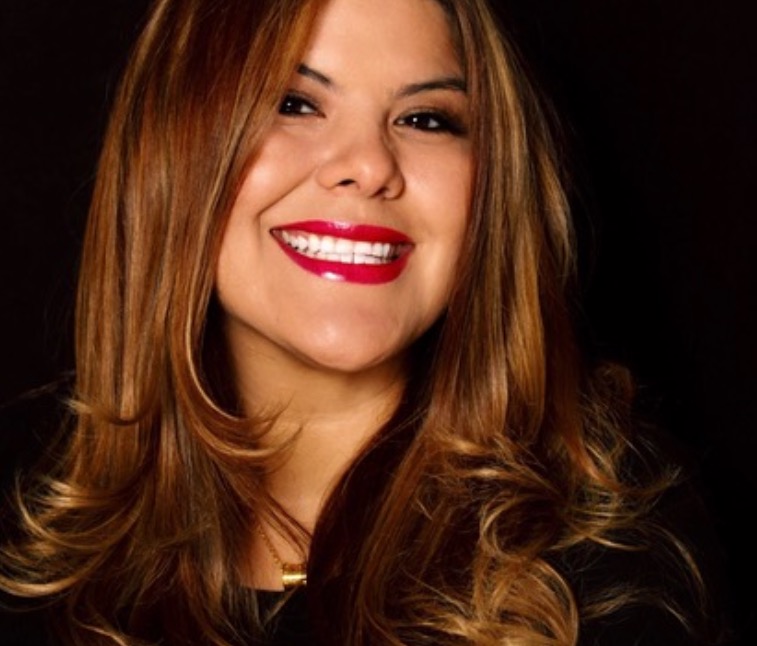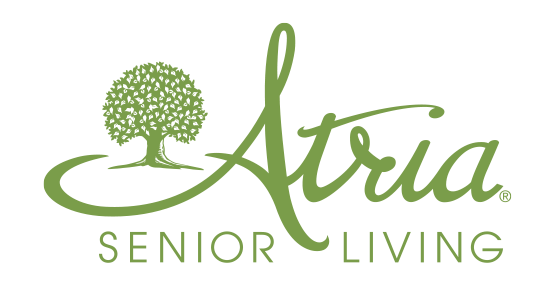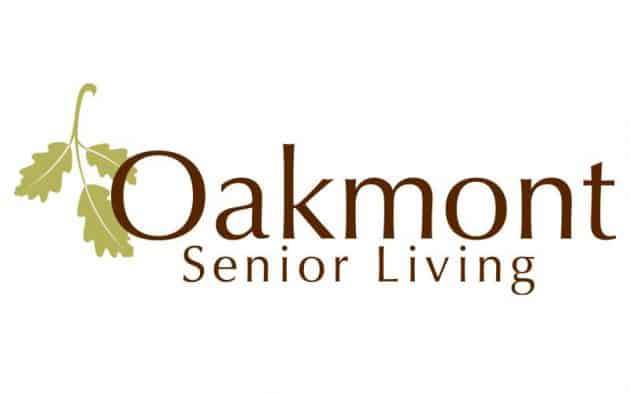A Comprehensive Guide to Assisted Living
Empowering Independence and Quality Care
- What Is Assisted Living?
- What Type of Assistance With Daily Living Is Offered at an Assisted Living?
- What Kind of Personnel Can You Expect at an Assisted Living?
- What Is the Average Cost of an Assisted Living?
- Who Is a Good Candidate for Assisted Living?
- How to Pay for Assisted Living?
- What Type of Room or Apartment Options Are Available at an Assisted Living Facility?
- Answers to Some Additional Questions
What Is Assisted Living?
Assisted living is a type of residential care that provides support and assistance to individuals who may require help with their daily activities and overall well-being. It is designed for older adults or individuals with disabilities who value their independence but need assistance with tasks such as bathing, dressing, medication management, and meal preparation.

In an assisted living facility, residents typically live in private apartments or shared rooms and have access to various amenities and services. These may include housekeeping, laundry, transportation, social activities, and 24-hour staff availability for assistance and emergency response. The goal of assisted living is to provide a safe and comfortable environment where individuals can maintain their independence and receive personalized care based on their specific needs.
Assisted living facilities often offer a range of healthcare and support services tailored to each resident's requirements. These may include assistance with mobility, medication reminders, coordination of medical appointments, and help with managing chronic conditions. Some facilities also provide memory care services for individuals with dementia or Alzheimer's disease.
The decision to move to an assisted living facility is often made by individuals or their families when they require a higher level of care and support than can be provided at home but do not require the intensive medical care offered in a nursing home. Assisted living can provide a balance between independence and support, offering a supportive community and a comfortable living environment.
When considering assisted living options, it's important to research and visit different facilities to assess their amenities, services, and overall atmosphere. Each facility has its own unique offerings and philosophy of care, so finding the right fit is crucial to ensure a positive and fulfilling experience for the residents.
What Type of Assistance With Daily Living Is Offered at an Assisted Living?
ADLs, or Activities of Daily Living, are basic self-care tasks that individuals typically perform on a daily basis to take care of their personal needs. In the context of assisted living facilities, ADLs refer to the activities that residents may require assistance with to ensure their well-being and daily functioning. The following are commonly recognized ADLs:

- Personal Hygiene: This includes tasks such as bathing, grooming (brushing hair, shaving, applying makeup), oral hygiene (brushing teeth, denture care), and toileting.
- Dressing: Assisting with selecting appropriate clothing and getting dressed, including putting on and taking off clothes, shoes, and accessories.
- Eating: Providing support with meal preparation, feeding, and ensuring proper nutrition and hydration.
- Mobility and Transfers: Assisting with walking, using mobility aids (such as canes or walkers), transferring to and from bed, chairs, or toilets, and helping with positioning or repositioning.
- Continence Management: Assisting individuals with toileting, managing and maintaining continence, and addressing any incontinence-related needs.
- Medication Management: Providing reminders and assistance with medication administration, ensuring the correct dosage and timing as prescribed by healthcare professionals.
Assisted living facilities recognize that residents may require different levels of assistance with ADLs based on their individual abilities and needs. Caregivers or staff members are available to support residents in performing these tasks, promoting their comfort, dignity, and well-being.
It's worth noting that some sources may expand the list of ADLs to include additional activities such as communication, cognition, and household management. The scope of ADLs can vary depending on the assessment tools and guidelines used by the facility or healthcare professionals.
What Kind of Personnel Can You Expect at an Assisted Living?
The staff at an assisted living facility plays a vital role in providing care, support, and services to residents. The specific composition of the staff can vary depending on the size of the facility, it’s offerings, and the needs of the residents. Here are some key members of the staff commonly found in assisted living facilities:

- Administrator/Executive Director: The administrator or executive director oversees the overall operations of the assisted living facility. They are responsible for managing staff, ensuring compliance with regulations, coordinating resident care, and maintaining the facility's quality of service.
- Caregivers/Personal Care Assistants: Caregivers, often referred to as personal care assistants or direct care staff, are responsible for providing direct care and assistance to residents with their activities of daily living (ADLs). They help with tasks such as bathing, dressing, grooming, medication reminders, and mobility support.
- Nurses: Many assisted living facilities employ licensed nurses, such as registered nurses (RNs) or licensed practical nurses (LPNs). Nurses play a crucial role in medication management, wound care, monitoring health conditions, and coordinating with healthcare professionals.
- Dining Services Staff: Assisted living facilities often have dedicated dining services staff who plan and prepare meals for residents. They ensure proper nutrition, accommodate dietary restrictions, and create a pleasant dining experience.
- Activities Coordinators: Activities coordinators organize and facilitate a variety of social, recreational, and wellness programs for residents. They plan activities, outings, and events to promote engagement, mental stimulation, and social interaction among residents.
- Housekeeping and Maintenance Staff: These staff members are responsible for maintaining a clean, safe, and well-maintained living environment. They perform housekeeping duties, laundry services, and handle maintenance requests to ensure the facility is comfortable for residents.
- Administrative Staff: Assisted living facilities typically have administrative personnel who handle various administrative tasks such as reception, billing, resident admissions, and paperwork coordination.
It's important to note that the specific roles and titles may vary between facilities, and some staff members may have overlapping responsibilities. The staff at assisted living facilities work collaboratively to create a supportive and caring environment for residents, ensuring their safety, well-being, and quality of life.
What Is the Average Cost for an Assisted Living?
The cost of assisted living facilities can vary significantly depending on several factors, including the location, size of the living space, level of care needed, amenities provided, and additional services offered. Pricing structures can also differ between regions and individual facilities. It's important to note that the following information is a general guideline, and actual costs may vary.

In the United States, the average monthly cost of assisted living ranges from around $3,500 to $7,500. However, it's important to remember that these figures are approximate and can be higher or lower depending on various factors. Some areas with a higher cost of living, such as major cities, may have higher rates for assisted living facilities.
The cost of assisted living typically includes basic services like meals, housekeeping, utilities, and some level of personal care assistance. However, additional services, such as medication management, transportation, specialized care for dementia, or additional levels of assistance, may come at an extra cost.
It's essential to inquire about the specific services included in the base cost and any additional fees that may apply. Some facilities have an all-inclusive pricing structure, while others may have a tiered pricing model based on the level of care needed. It's crucial to review the pricing details with the assisted living facility to have a clear understanding of what is covered and any potential additional expenses.
Additionally, it's recommended to consider long-term financial planning, including exploring insurance coverage, veteran benefits, or other assistance programs that may help offset the cost of assisted living.
To obtain accurate and up-to-date pricing information, it is advisable to directly contact the assisted living facilities in your desired location and discuss their specific pricing structures and services offered. They can provide you with detailed information tailored to your needs and circumstances.
Who Is a Good Candidate for Assisted Living?
An assisted living facility can be a good fit for individuals who are seeking a supportive living environment that balances independence with assistance for daily activities. Here are some factors that may indicate a person is a good fit for an assisted living facility:

- Assistance with Activities of Daily Living (ADLs): If an individual requires help with tasks like bathing, dressing, grooming, medication management, or mobility, an assisted living facility can provide the necessary support.
- Safety and Security: Assisted living facilities are designed to provide a safe and secure environment. If a person has concerns about living alone or needs assistance in case of emergencies, an assisted living facility can offer peace of mind through 24-hour staff availability.
- Socialization and Community: For those who desire social interaction and engagement, assisted living facilities offer opportunities to connect with peers and participate in various activities and events. The communal atmosphere can help combat feelings of isolation or loneliness.
- Maintenance-Free Living: If an individual wants to eliminate the responsibilities of household chores, such as housekeeping, laundry, and home maintenance, an assisted living facility can provide a maintenance-free living experience.
- Access to Services and Amenities: Assisted living facilities often offer convenient access to services like dining, transportation, wellness programs, and recreational activities. These amenities can enhance quality of life and make daily living more enjoyable.
- Need for Personalized Care: Assisted living facilities employ caregivers and staff members who can provide personalized care tailored to an individual's needs. This can include assistance with medication management, coordination of medical appointments, and specialized care for conditions like dementia or Alzheimer's.
It's important to note that the decision to move to an assisted living facility should be made based on an individual's specific circumstances, preferences, and care needs. It is advisable to consult with healthcare professionals, family members, and the prospective facility to determine if assisted living is the right fit for an individual's unique situation.
How to Pay for Assisted Living?
Paying for assisted living can be approached through various methods, depending on an individual's financial situation and available resources. Here are some common ways to cover the costs of assisted living:

- Private Funds: Many individuals pay for assisted living using their personal savings, investments, or retirement funds. This approach is often viable for those who have planned and saved specifically for long-term care expenses.
- Long-Term Care Insurance: Long-term care insurance policies can help cover the costs of assisted living. If an individual has such insurance, they should review the policy details to understand the coverage and any limitations or requirements.
- Veterans Benefits: Veterans or their spouses may be eligible for certain benefits through the U.S. Department of Veterans Affairs (VA). The Aid and Attendance Pension is one program that can provide financial assistance for veterans who need help with daily activities and meet specific criteria.
- Medicaid: Medicaid is a joint federal and state program that provides healthcare coverage for individuals with limited income and assets. In some states, Medicaid may cover the cost of assisted living for eligible individuals. Medicaid eligibility criteria and coverage options vary by state.
- Sale of Assets: Selling assets, such as a home or property, can generate funds to cover the costs of assisted living. However, it's important to carefully consider the financial implications and consult with financial advisors or professionals before making such decisions.
- Family Support: Some families choose to contribute to the cost of assisted living through personal funds or by pooling resources among family members. This approach can help alleviate the financial burden and provide support for the individual needing care.
- Bridge Loans or Financing: In certain situations, individuals may consider short-term bridge loans or financing options specifically designed for senior living. These options can provide temporary financial assistance until other funding sources become available.
It's important to note that the availability of funding sources and eligibility criteria can vary based on location and individual circumstances. Consulting with financial advisors, elder law attorneys, or professionals specializing in senior care financing can provide personalized guidance and help explore the most suitable options for paying for assisted living.
What Type of Room or Apartment Options Are Available at an Assisted Living Facility?
Assisted living facilities typically offer a range of room or apartment options to accommodate the varying needs and preferences of residents. The specific types of rooms available can vary between facilities, but here are some common types:

- Studios: Studio apartments are self-contained living spaces that typically consist of a single room combining the living and sleeping areas. They may have a small kitchenette and a private bathroom.
- One-Bedroom Apartments: These apartments typically feature a separate bedroom along with a living area, kitchenette, and private bathroom. They provide a bit more space and privacy compared to studios.
- Shared Apartments: Some assisted living facilities offer shared or companion apartments. These units are designed to accommodate two residents and usually consist of two bedrooms, a shared living area, a kitchenette, and a bathroom.
- Suites: Suites are larger apartments that may have separate living and sleeping areas, a full kitchen, and additional amenities. They are often suitable for couples or residents who desire more spacious accommodations.
- Memory Care Units: In facilities that offer specialized memory care services for individuals with Alzheimer's disease or other forms of dementia, there may be dedicated rooms or apartments designed specifically to meet the unique needs of those residents.
It's important to note that the availability of specific room types can vary between facilities, and not all options may be offered in every location. When considering an assisted living facility, it's recommended to inquire about the available room types, their sizes, layouts, and any additional features or amenities included. This will help you determine which option best suits your preferences and requirements.
Answers to Some Additional Questions:
Whether or not you can bring your dog to an assisted living facility, whether transportation services are offered, if furniture is included, and the quality of the food can vary depending on the specific facility. Here are some general considerations:

- What are the Pet Policies?: Assisted living facilities may have specific policies regarding pets. Some facilities are pet-friendly and allow residents to bring their dogs or other pets with certain restrictions. Others may have limitations on the size, breed, or number of pets allowed, or they may only permit therapy or service animals. It's important to inquire about the facility's pet policy before making a decision.
- Are Transportation Services Included?: Many assisted living facilities offer transportation services to help residents get to medical appointments, shopping centers, or social outings. However, the availability and extent of transportation services can vary between facilities. Some facilities may have scheduled group transportation, while others may provide individual or on-demand transportation options.
- Can I Bring My Own Furniture?: Assisted living facilities typically provide furnished living spaces for residents. However, the specific furniture arrangements can vary. Some facilities may furnish the rooms with basic items such as a bed, dresser, and chair, while others may provide more comprehensive furniture packages. It's advisable to inquire about the furnishings included in the rooms and whether residents can bring their own furniture if desired.
- What are the Food and Dining Services Like?: Assisted living facilities generally provide meals and dining services for residents. The quality and variety of the food can vary between facilities. Some facilities offer restaurant-style dining with a menu of choices, while others provide set meal options. It's advisable to inquire about the facility's dining program, sample menus, and any accommodations for dietary preferences or restrictions.
To obtain accurate and detailed information about these aspects, it's recommended to directly contact the assisted living facilities you are considering. Discussing your specific needs and preferences with the facility's staff can provide you with the most up-to-date and relevant information related to pet policies, transportation services, furnishings, and dining options.

